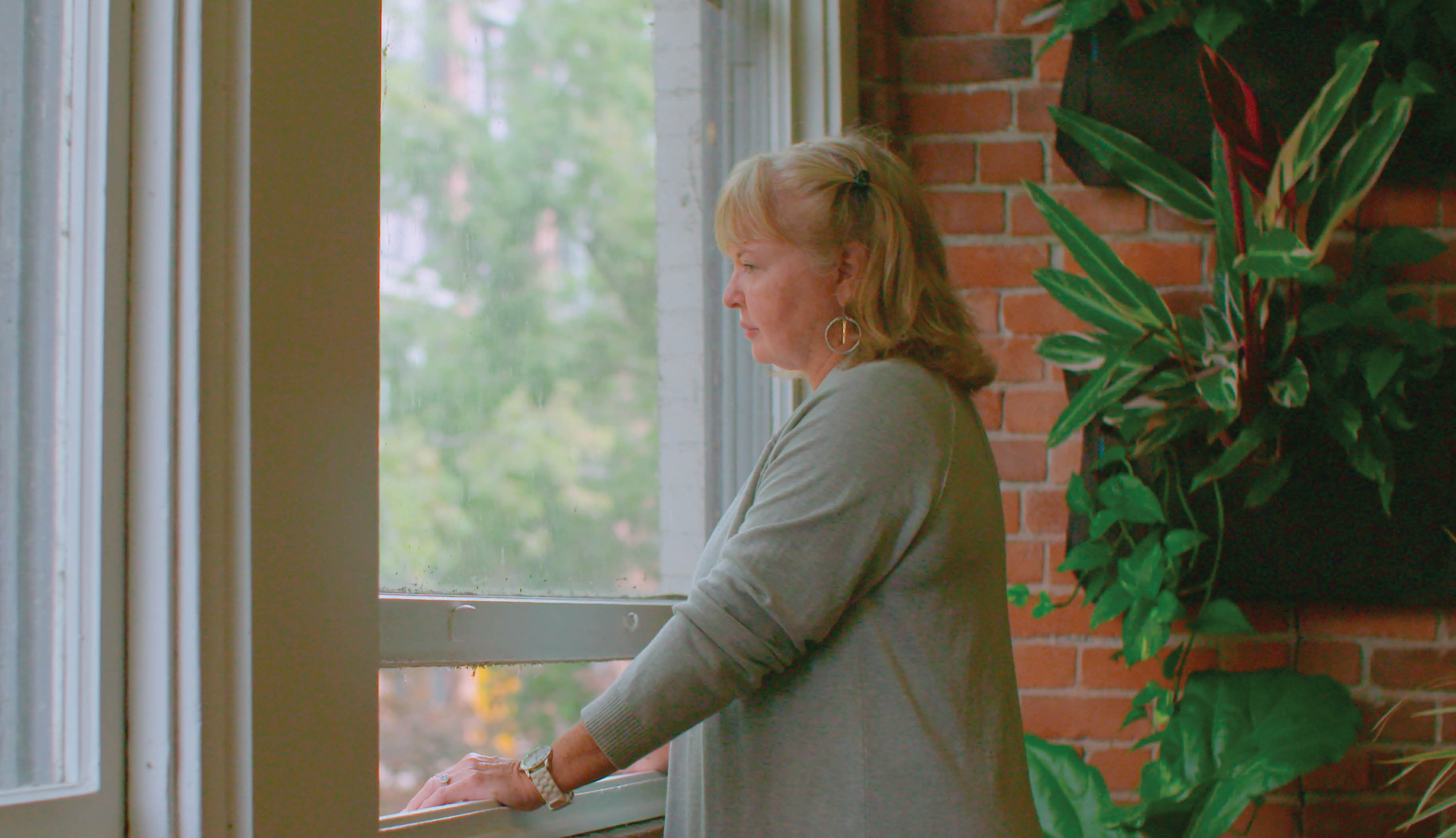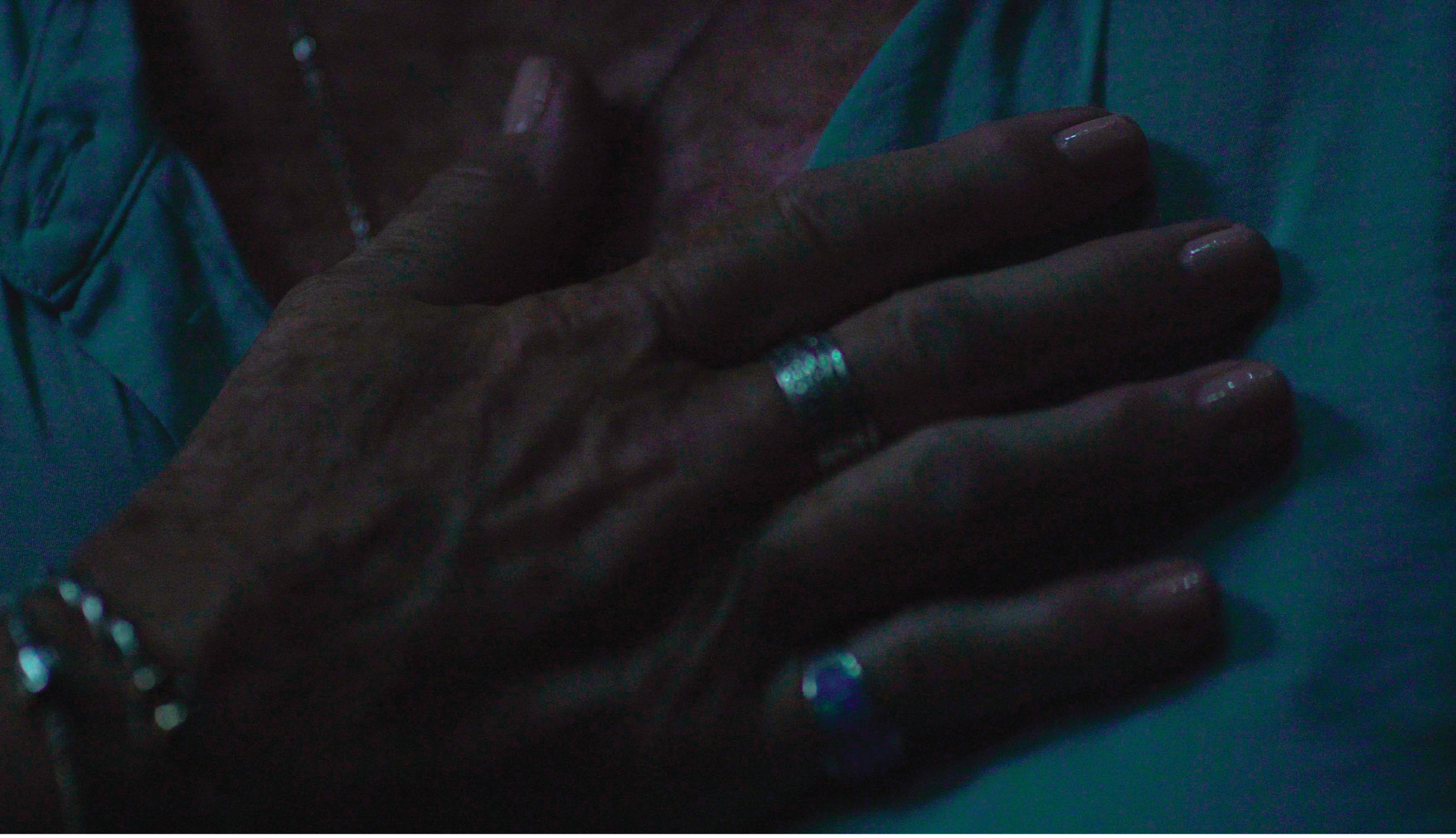


Later, Denise Johnson lay in bed, heart pounding in her chest and discomfort and pain beginning to shoot down her arm. She thought to herself, ‘Am I having a heart attack?’
Denise went to a pharmacy to check her blood pressure and found it was very high, so a friend brought her to the ER. After a CT scan, the attending physician could find no answers and referred her back to her family doctor. She returned home still in discomfort, concerned about a lack of diagnosis. After a few weeks, her doctor referred her for a stress test.

“The doctor said my stress test was very irregular, and I may have a blockage or a blood clot,” says Denise. She underwent a heart scope procedure, but the surgeon determined the arteries were not blocked and the heart muscle looked healthy. They then suggested she might be experiencing anxiety attacks.
To Denise, this wasn’t an option. She advocated that it was physiological, and together with her family doctor got a referral to the one person who would find out what was truly going on — Dr. Tara Sedlak, cardiologist and director of the Leslie Diamond Women’s Heart Health Clinic at VGH.
“We did some testing such as an MRI and some other non-invasive tests, and it was determined she had microvascular coronary dysfunction,” says Dr. Sedlak. “This means the small, tiny blood vessels become dysfunctional. They spasm, the blood flow is limited, and it creates chest pain.”

The good news for Denise is the disease is not life-threatening — if given proper treatment. Without help, it will cause irreversible damage over time.
Thankfully for Denise, Dr. Sedlak is one of a few of Canada’s certified women’s heart health cardiologists. She invited Denise to attend the clinic, provided her the proper treatment and medications, and gave Denise the knowledge and confidence to return to her normal, active lifestyle.

Women can display different heart attack symptoms than men. These include:

“There was a huge sense of relief now that we knew what the diagnosis was, and Dr. Sedlak was confident she would be able to help and provide treatment going forward,” says Caitlin Sehon, Denise’s daughter. “Obviously having a cardiologist who is so accomplished and who focuses on women’s heart health was a huge comfort. I’m very grateful to Dr. Sedlak and everybody on the VGH team who helped my mom.”
In support of health care heroes such as Dr. Sedlak and the team who cared for Denise, VGH & UBC Hospital Foundation has launched High Fives for Health Care — a five-week campaign to help spread gratitude and raise vital funds for B.C. health care.
“Philanthropy is extremely important to be able to setup exciting women’s heart health centres, but also at the research level. Without it, we wouldn’t be able to make these advances we’re seeing actually happen,” says Dr. Sedlak.